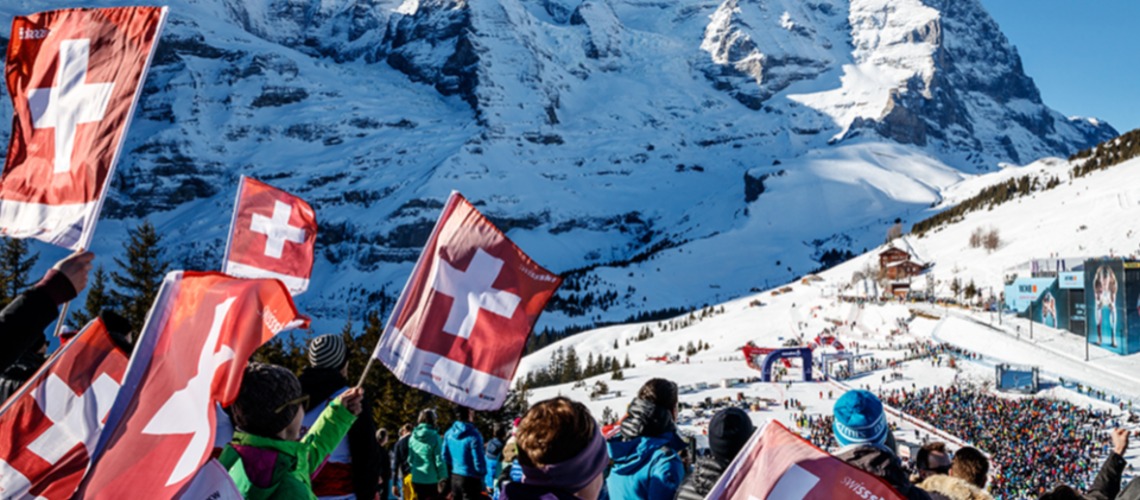12th Eastern Swiss Mountain Forum Declared A Success

The dynamic pricing models have become established in the ski areas and are attracting a lot of media attention. The larger ski areas in particular rely on flexible prices. Usually according to the motto: “The earlier you book, the cheaper the ski day will be”.
Dynamic pricing started in the airline industry in the 1980s. Hotels were added later and it is only in the last few years that the mountain railways have also started using dynamic prices.
Christian Wyrsch, member of the management team at Lenzerheide Bahnen AG, was one of the pioneers when he introduced flexible prices for ski tickets for the first time in the Arosa Lenzerheide ski area in 2017.
For Christian Wyrsch it is clear: “Dynamic prices are not a panacea. Good pricing means that it is aligned with sensible goals and takes into account the way we as humans think and act.” Today, the Arosa Lenzerheide ski area sells almost 70% of its day/multi-day tickets via the online ticket shop.
The prices are hot even in summer! In June 2023, the Blick headlined “Price increase of 74 percent – excursion mountain cancels discount for half-fare and GA travelcards”. The reason for this headline was the public information from the Hoher Kasten cable cars that they would be leaving the Alliance Swiss Pass ASP in 2024 and would no longer accept the popular half-fare card.
Prof. Dr. Christian Wyrsch classified the latest pricing developments from an economic psychology perspective and discussed them with the speakers and participants.
Prof. Dr. Christian Fichter, Head of the Institute for Business Psychology, Kalaidos University of Applied Sciences: What is most important for customers? A good product, ease of purchase and a fair price. But dynamic prices draw attention away from the product, are complicated and often seem unfair. If this is taken into account, dynamic prices can be introduced in such a way that customer and provider benefit














